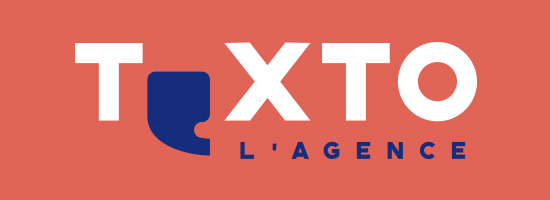These days, the digital world is where businesses and consumers meet. In this ever-changing landscape, SEO plays a crucial role for companies wishing to develop their reputation with their target audience. Two major strategies coexist: the Search Engine Optimization (SEO) and the Search Engine Advertising (SEA). Although both approaches aim to achieve the same goal - the increase online visibility -However, they differ greatly in terms of implementation, costs and results.
Search Engine Optimization (SEO) or the art of gaining organic search positions
SEO, short for "Search Engine Optimization", is a set of practices designed to improve a website's visibility in organic search results. These results appear free of charge, based on the relevance of the site's content and structure. Key elements of SEO include:- Keyword research: identify relevant search terms for your business sector.
- On-page optimization: optimize web pages by using keywords strategically in content, HTML tags and meta-descriptions.
- Quality content creation: producing content that is informative and useful for users, while meeting search needs.
- Netlinking: get quality inbound links from other websites, to boost your site's authority.
Paid Search (SEA) or the race for sponsored links
SEA, or "Search Engine Advertising", is a paid search method in which advertisers pay for their ads to appear at the top of search results, above organic results. SEA ads are generally identified as such, and are placed according to bidding and quality criteria. Key SEA components include:- Choosing keywords: select the relevant keywords for which you want your ads to appear.
- Ad copy: create punchy, attractive ads to entice users to click.
- Bid management: participate in auctions to determine the position of your ads.
- Monitoring and optimization: analyze ad performance and adjust strategies accordingly.

